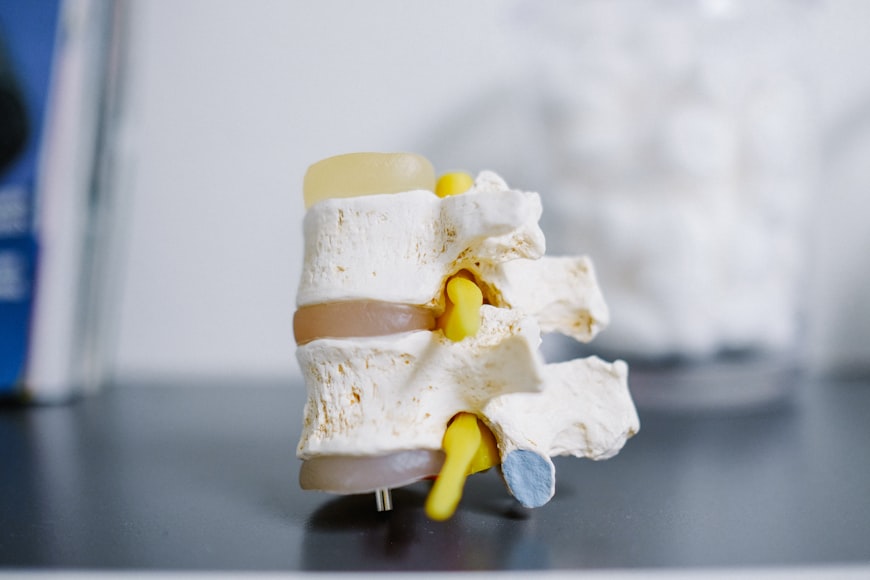Osteoporosis effects the body by causing the bones to degenerate and lose mass. 8 million women and 2 million men in America are afflicted with the disease and at least half of all women will de-osteoporosis effects in their lifetimes. There is no cure for osteoporosis, but there are treatments which will lessen osteoporosis’ effects.
Although there are currently not any cures for osteoporosis, several treatments exist that can help you to increase your bone density and prevent potential fractures. If you currently suffer from osteoporosis or are at risk for osteoporosis, you should know what the choices you have are so that you can select the correct treatment to reduce the osteoporosis effects.
Osteoporosis is when your bones lose a percentage of their mineral density. It leads to serious fractures, including those in the wrist, hip and spine. The fractures from osteoporosis can be painful and may even limit your independence and freedom. The disease is most common among the elderly and women, though it can also occur in men and young people. Once you get osteoporosis, it lasts the rest of your life, but it can be reversed or reduced through careful treatment. There are numerous causes of osteoporosis including: estrogen loss during menopause, eating disorders, disease, or genetic factors.
Osteoporosis is often termed the “silent epidemic” because it is accompanied by no visible symptoms. If you suffer from osteoporosis, you probably won’t know about it until you have been diagnosed by a physician. One of the first signs is that the bones become so brittle and you suffer from a fracture or a broken bone. Fractures tend to result from everyday falls. Spinal and hip fractures are very common and the osteoporosis effects can be severe. Did you know that 20% of people with osteoporotic spine fractures die within one year?
One reason that women are more apt to develop osteoporosis is that menopause can wreak havoc on your bones. During menopause, estrogen levels in your body drop rapidly and estrogen plays an important role in bone health. The osteoclasts are kept in check by estrogen, which allows the osteoblasts to build more bone. Bones can become thin and brittle quite rapidly unless the estrogen is replaced.
Estrogen replacement is an effective treatment to lessen the osteoporosis effects. Women suffering from osteopenia or osteoporosis who take estrogen can prevent further reabsorption of bone and boost the creation of new bone mass. Estrogen therapy is also an effective treatment for menopause. It can increase bone mass by at least 5 percent over 2 years. It is recommended that women have at least 5 years of estrogen therapy to protect against serious fractures, including those of the hip and spine. You should know that once estrogen therapy is stopped, its benefits will begin to disappear.
Another factor to help lessen the osteoporosis effects is calcium. Calcium is essential for healthy bones. The mineral is a natural medication for osteoporosis. If you have mild to moderate osteopenia or if you have a family history of osteoporosis, calcium supplements can help reduce your risk of bone fractures. 1000 mg supplements are recommended daily, in addition to a diet rich in calcium.

